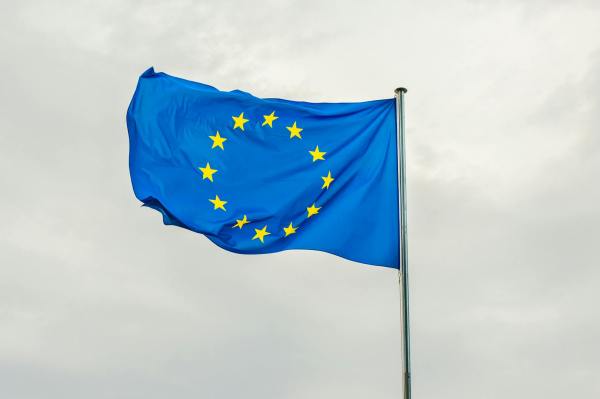 Chema Alonso
Chema AlonsoFormer Chief Data Officer, Telefonica.
Dark clouds seemed to be hanging over this year´s IGF meeting in Bali: In the run-up there was much debate about a cancellation due to financial problems and the recent revelations around surveillance of the Internet created an increasingly darker background for any open debate about the Internet and its governance.
But then the IGF Bali proved all its critics wrong and the Indonesian hosts and IGF Secretariat managed to organize one of the best IGF meetings I have ever attended: A vibrant, well-organised forum with an open, frank and inclusive dialogue between all stakeholder, institutions and governments. Who was in Bali will without doubt understand why the IGF is so important for Internet Governance: It is the best and maybe only place where all these stakeholders, with often diverging views and interests, can debate on equal footing and try to find solutions and common ground.
In the aftermath of the confrontational UN WCIT meeting in Dubai and accelerated by the revelations about wide-spread Internet surveillance by governments, developments around Internet Governance and Policies are gaining momentum and are arguably moving faster than ever: ICANN and other Internet bodies have published the “Montevideo Declaration” and the president of Brazil announced to host a Global Multistakeholder Meeting on the Future of Internet Governance in Sao Paulo in April 23-24 2014. The details of this conference were subject to many discussions in meetings and corridors in Bali. It is expected to include all stakeholder (not only governments) which seems very plausible to everyone who listened to the clear support for multistakeholder processes by the Brazilian Minister of Communications, Mr. Paulo Bernardo Silva, in his speech at the Opening Ceremony in Bali. A formal announcement by the Brazilian hosts was announced for November and it is likely that it will happen next week.
My bottom-line of many debates, conversations and meetings in Bali is: There was wide agreement that cooperation between all stakeholder, governments and institutions is needed to restore trust and user confidence in the use of the Internet. There seemed to be also growing consensus that improvements for some aspects of Internet Governance might be needed and that an open, transparent and inclusive process to find common ground could be helpful to do so. Many talked about a “third way” between the UN-style, intergovernmental system and the multistakeholder systems of current Internet Governance in forums like IGF and ICANN. It was clear that many governments, institutions and stakeholder are in contact already to carve out such middle ground. We will see over the next weeks and months how these various initiatives will work out.
Of course, also many other, important issues were discussed at the IGF: Access and diversity, openness, privacy and security, just to name a few. I had the privilege to participate as speaker in two workshops, “Connecting the Unconnected to the Internet” and “Internet of things” and was impressed by the in-deep debates and quality of workshops which are improving year-by-year at the IGF meetings. So, it is good news that we can look forward to the next IGF in 2014 in Istanbul.
I will be there for sure!
And how about you? What do you believe are the most important areas of improvement for Internet Governance today?









